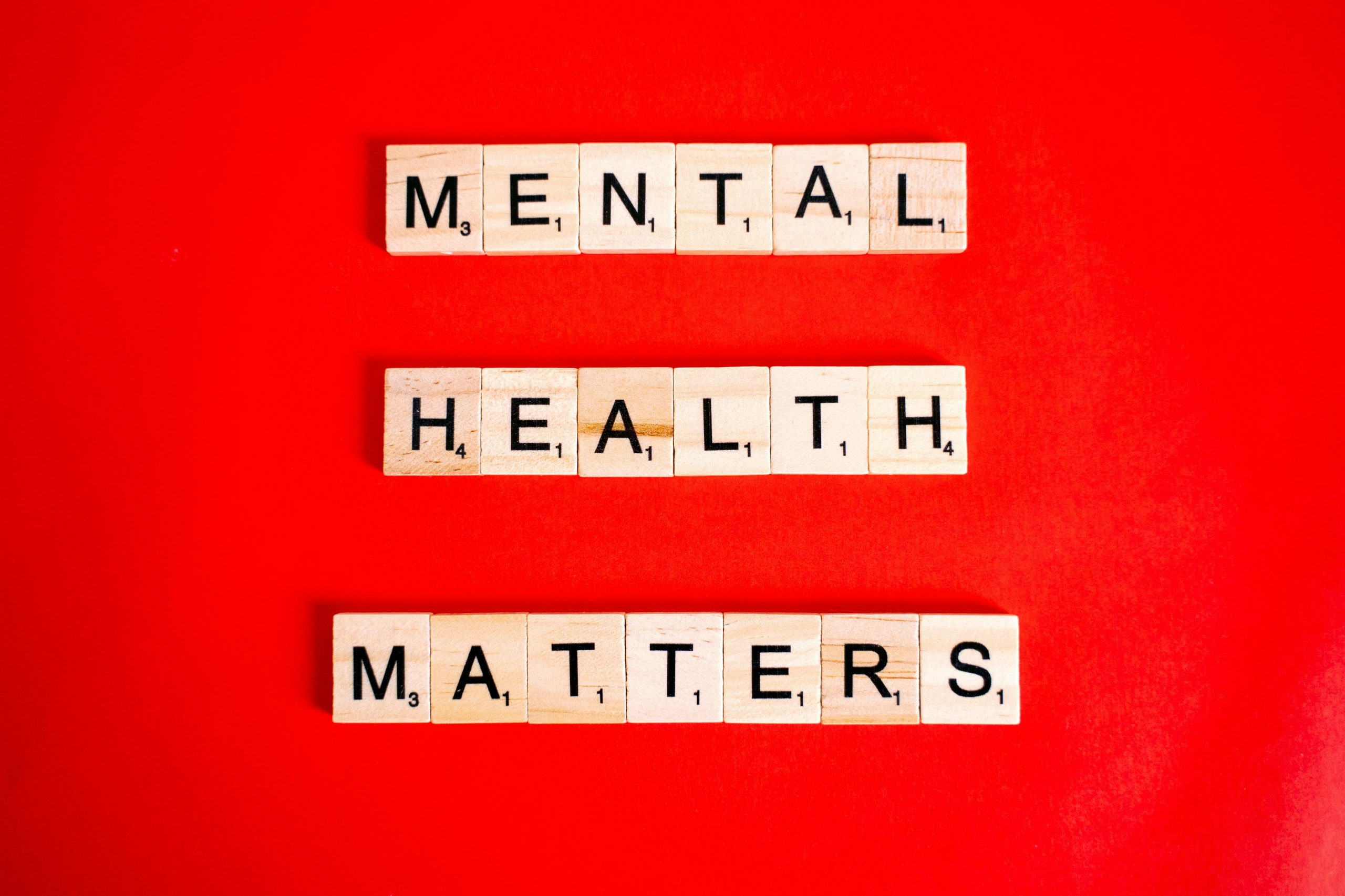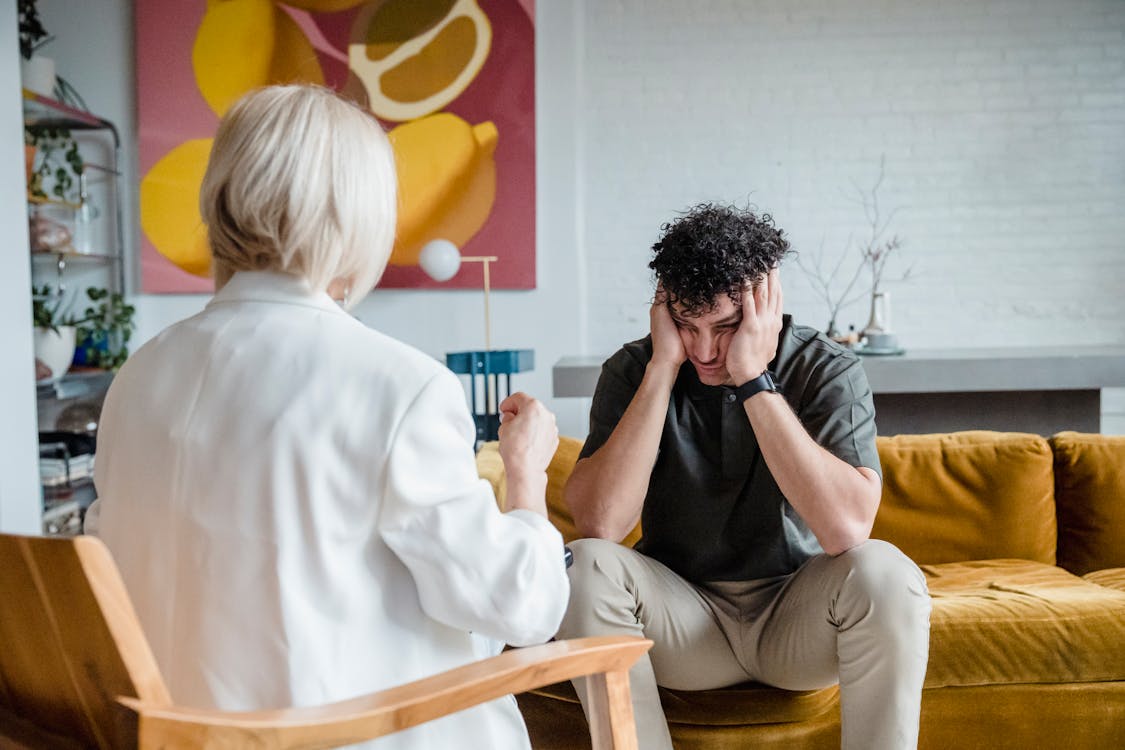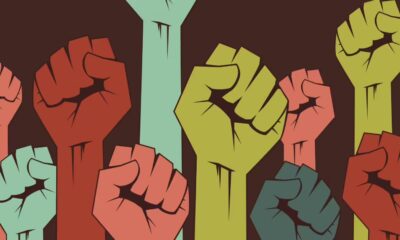Culture Craze
June Is Men’s Mental Health Month – And South Africa Can’t Afford to Stay Silent

A crisis behind closed doors
There’s a moment in every man’s life when silence isn’t strength – it’s a warning sign. As June marks Men’s Mental Health Month across South Africa, it’s time to speak plainly: South African men are in the midst of a mental health crisis. While awareness campaigns, hashtags, and workshops fill the month’s calendar, it’s the unspoken pain – the kind that simmers behind smiles and “I’m fines” – that demands urgent attention.
Mental health may not trend well on social media timelines, but the statistics are devastating. South Africa ranks among the top 10 countries globally for suicide, with nearly 80% of those deaths being men. In 2022 alone, 10,861 South African men took their own lives, according to the South African Depression and Anxiety Group (SADAG). This is not just a crisis – it’s a silent pandemic.
Also read: A Father’s Day to Remember: Stargazing with Dad in Johannesburg
Masculinity, silence, and stigma: The weight men carry
In South Africa, masculinity often comes with impossible expectations: be strong, don’t cry, handle it alone. Boys are still raised to believe that seeking help is weakness, vulnerability is shameful, and real men don’t speak about what hurts. From Soweto to Sandton, this dangerous script is costing lives.
It’s no surprise that men are less likely to seek help, less likely to be diagnosed, and more likely to suffer in silence. When depression manifests as anger, aggression, substance abuse, or withdrawal, it’s often dismissed as “just stress” or “boys being boys.” But beneath these behaviours may lie untreated trauma, anxiety, or suicidal thoughts.
Mental health symptoms in men can also show physically – tight chests, digestive issues, insomnia, fatigue, low libido, and racing thoughts. Yet stigma runs so deep that even opening up to a friend can feel like betrayal.
Joburg voices, real struggles
Look closer around Johannesburg – behind office doors, steering wheels, construction sites, and kitchen counters – and the stories sound eerily similar.
-
Sipho, a successful African manager, avoids the company therapist because colleagues would see it as “un-African.”
-
Riaan, from Cape Town, masks depression while competing for a promotion in a system that often sidelines Coloured professionals.
-
Vikash, a 35-year-old IT expert in Midrand, burns out silently juggling family and financial expectations.
-
Johan, a Sandton executive, hasn’t shared his panic attacks with anyone – not even his wife.
These are not anomalies. These are South Africa’s men. Their stories are heartbreakingly common.
Unpacking the local realities
This crisis is not just emotional – it’s systemic. Mental health services remain chronically underfunded, especially in low-income and rural areas. Stigma across communities adds another barrier: in some cultures, mental illness is blamed on ancestral displeasure or witchcraft. Across South African communities, cultural and social expectations often discourage men from opening up or seeking help. Whether it’s the pressure to uphold family reputation, the fear of judgment, or the belief that strength means silence – these barriers exist in many forms, and they affect men from all walks of life.
While companies invest in mental wellness programmes, many fail to address cultural nuances or the deeper socioeconomic pressures men face – like unemployment, fatherlessness, and generational trauma.

Image 1: Pexels
The price of silence
Untreated mental illness has a significant economic toll. In South Africa, 44% of employees experience financial stress linked to poor mental health, and untreated depression can reduce productivity by up to 35%. Globally, mental illness costs $1 trillion in lost productivity annually. For a country battling a sluggish economy and soaring unemployment, this is a crisis South Africa cannot afford.
What needs to change?
South Africa’s National Men’s Health Strategy (2020–2025) sets solid goals – early detection, inclusive services, improved access – but implementation remains a challenge. The issue is not only clinical; it’s cultural. Change won’t come from policy alone.
Experts, NGOs, and community leaders recommend:
-
Normalising emotional honesty: Encourage open conversations among men. Check in with your friends – and mean it.
-
Culturally sensitive counselling: Provide multilingual, representative support systems, especially in workplaces.
-
Education and early intervention: Teach boys about mental health in schools as we do about nutrition.
-
Visible leadership: When male leaders share their mental health journeys, they normalise seeking help.
-
Accessible resources: Ensure men in all communities know how and where to get help – from SADAG to local clinics.
It’s time to ask the hard questions
This June, don’t just repost a mental health infographic. Ask your brother if he’s really okay. Invite your father to talk about what worries him. Tell your best mate you’re proud of him for going to therapy.
Across Johannesburg and the country, let June 2025 be more than a calendar prompt. Let it be a turning point – where stigma cracks, and silence is replaced by solidarity.
Because every man’s story deserves to be heard. And every life is worth saving.
Where to get help:
-
SADAG Suicide Crisis Helpline (24/7): 0800 567 567
-
SMS Line: 31393 (A counsellor will call you back)
-
Lifeline South Africa (24/7): 0861 322 322
-
Affinity Health Men’s Health Screening Checklist: Includes mental health, prostate, cardiovascular, and diabetes risk assessments
Also read: Smith Garage Cars4Kids Father’s Day Charity Car Show in Joburg: A Day of Cars, Charity, and Fun
Follow Joburg ETC on Facebook, Twitter , TikTok and Instagram
For more News in Johannesburg, visit joburgetc.com
Featured Image: Pexels

















